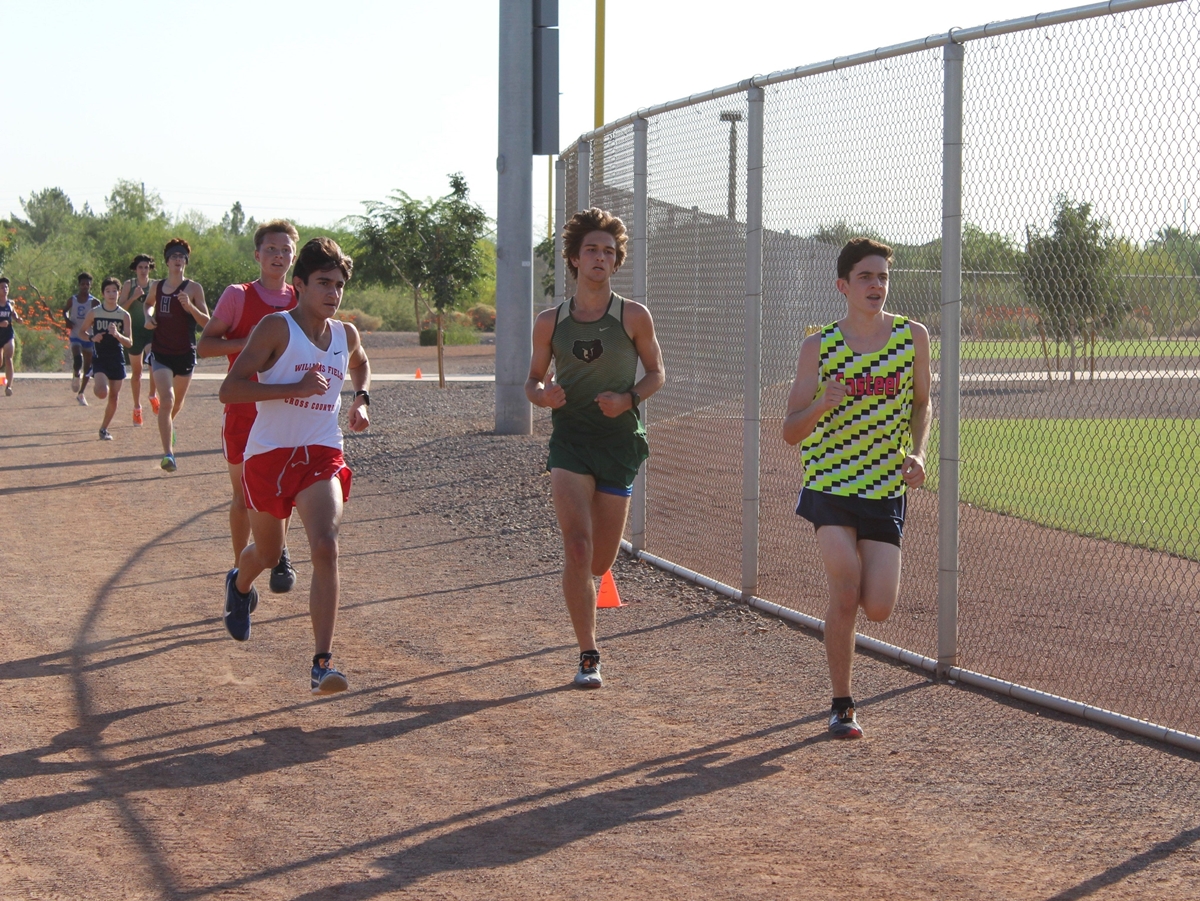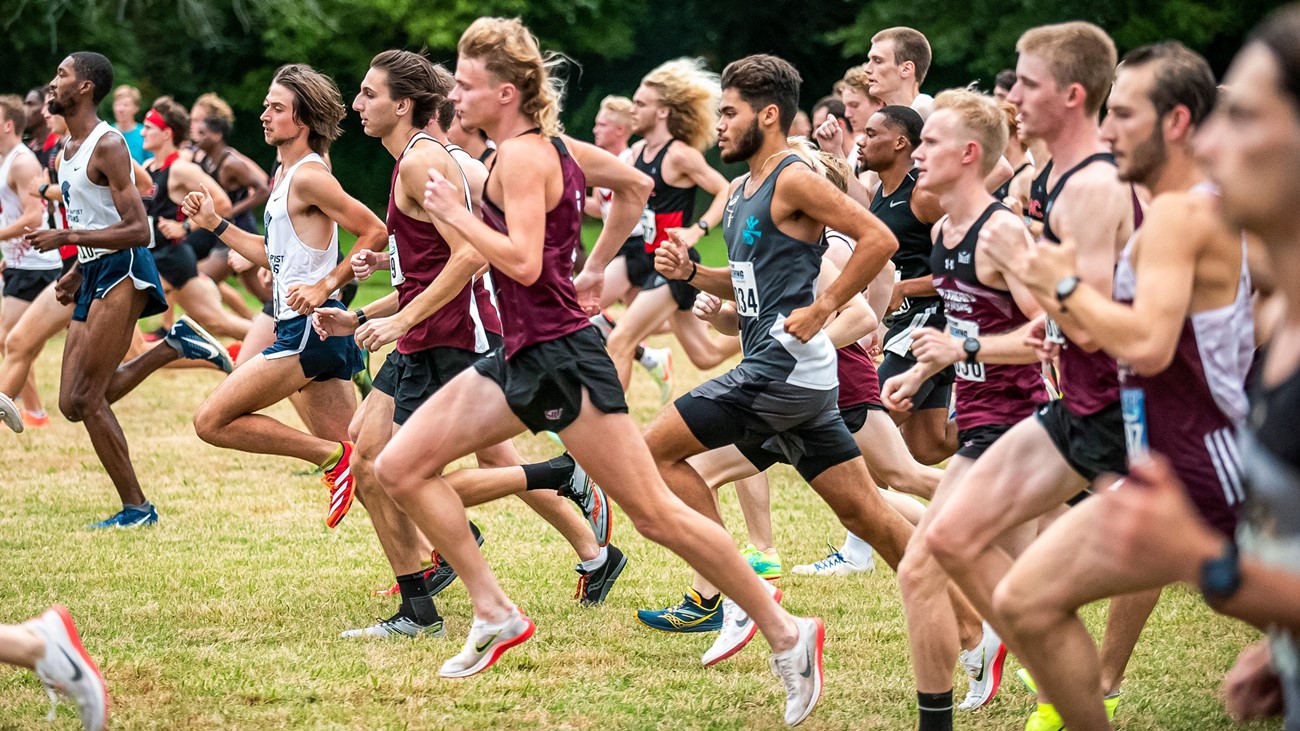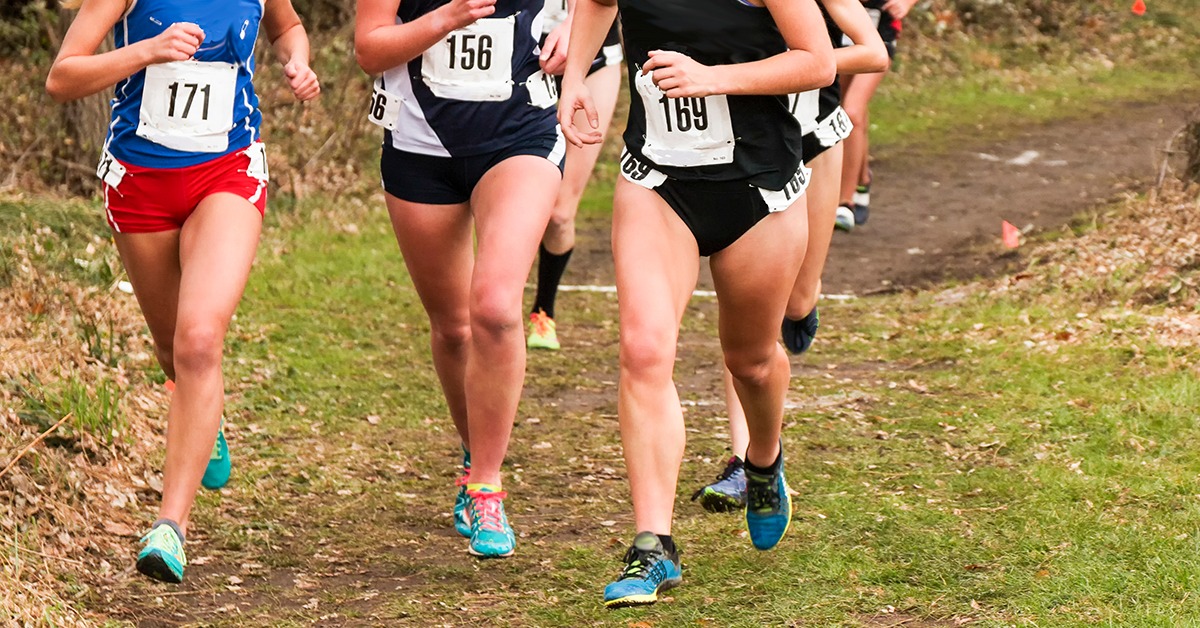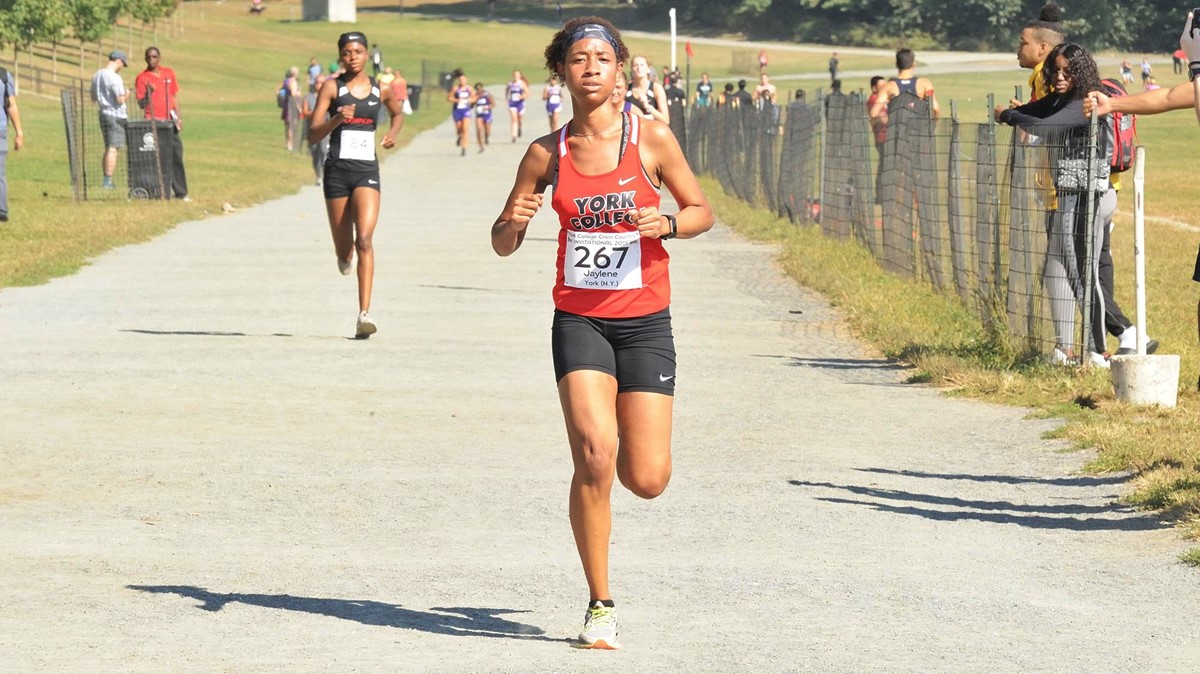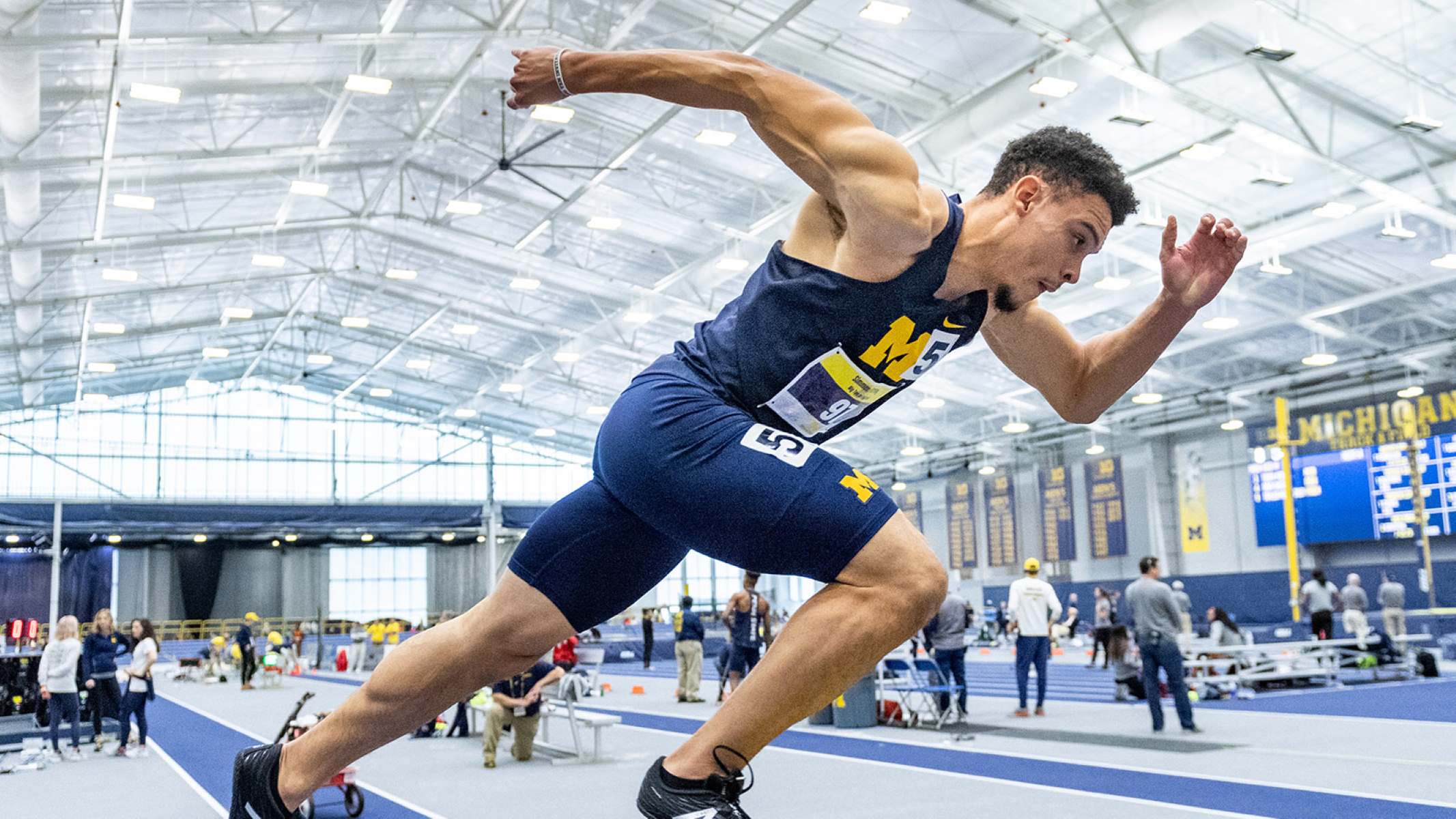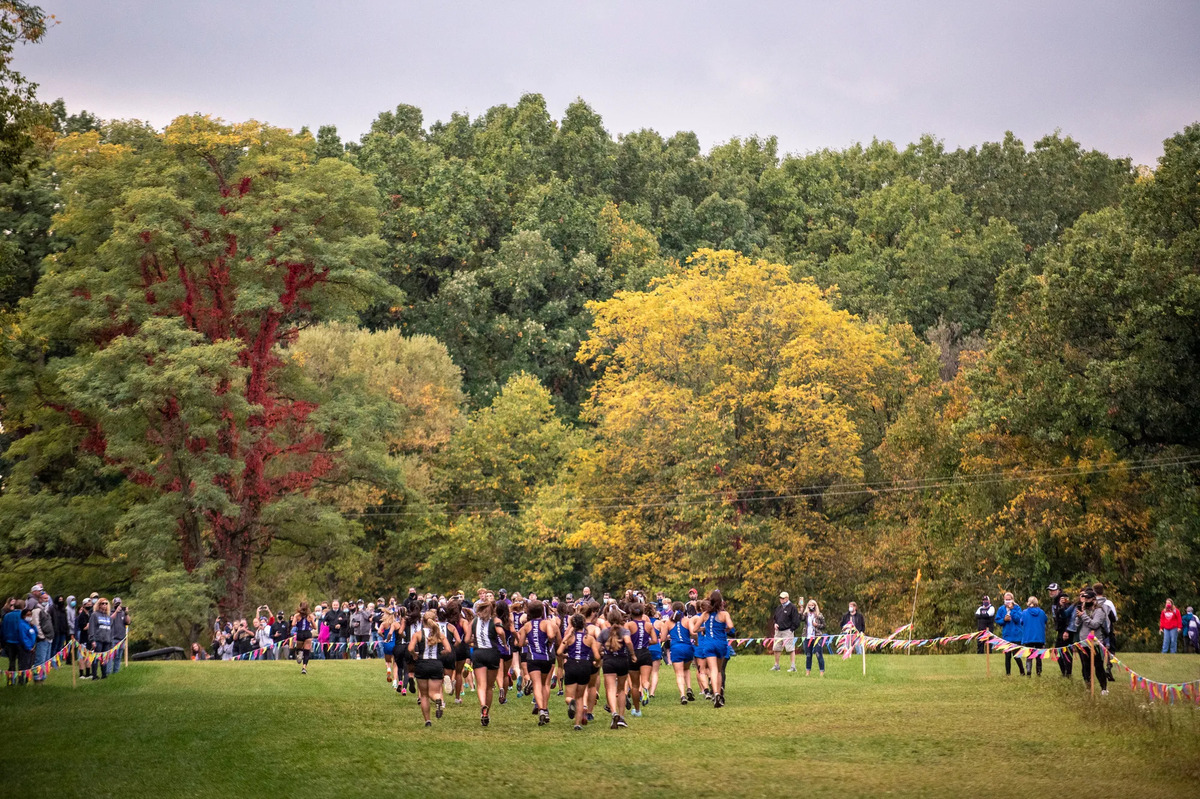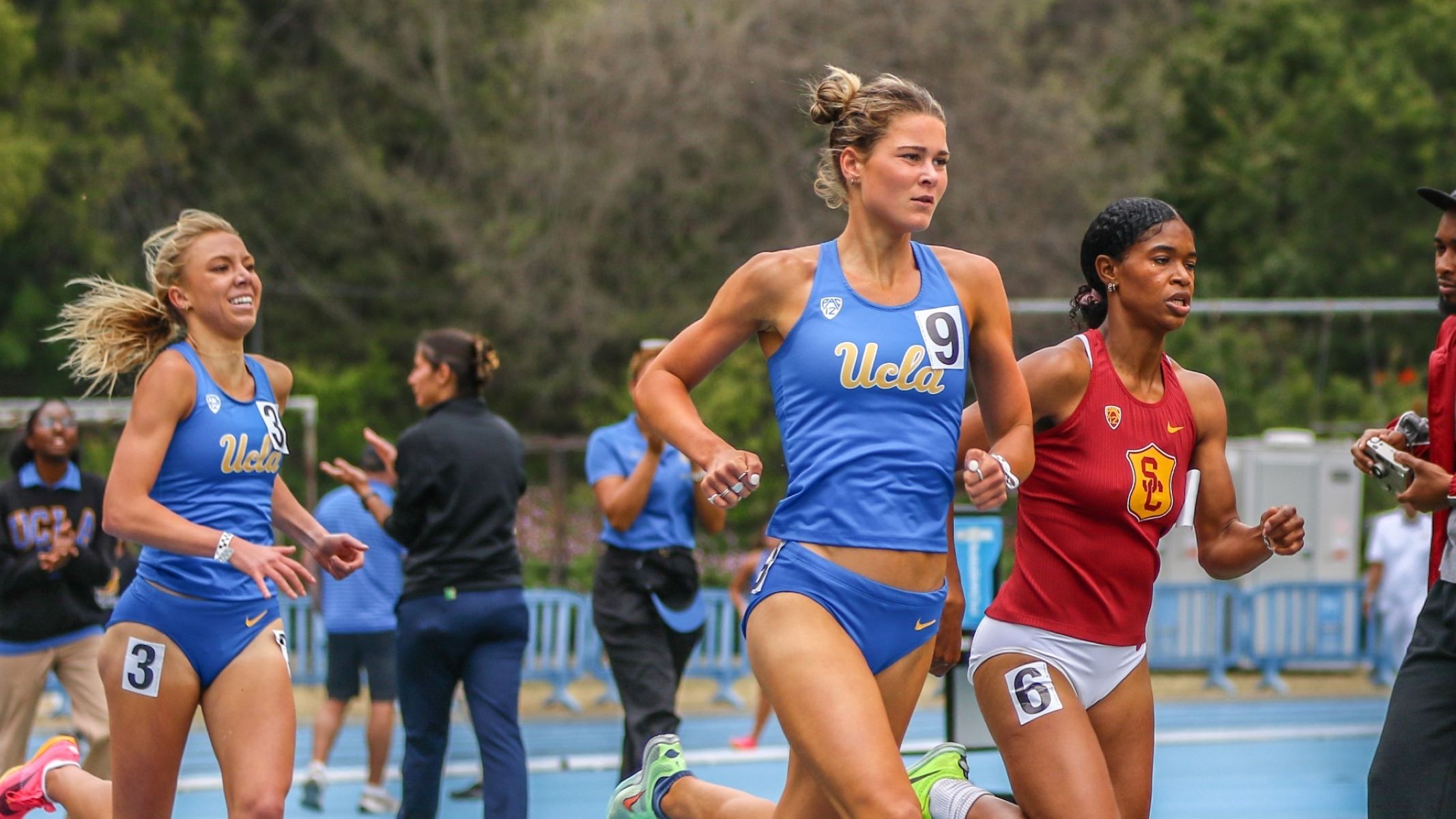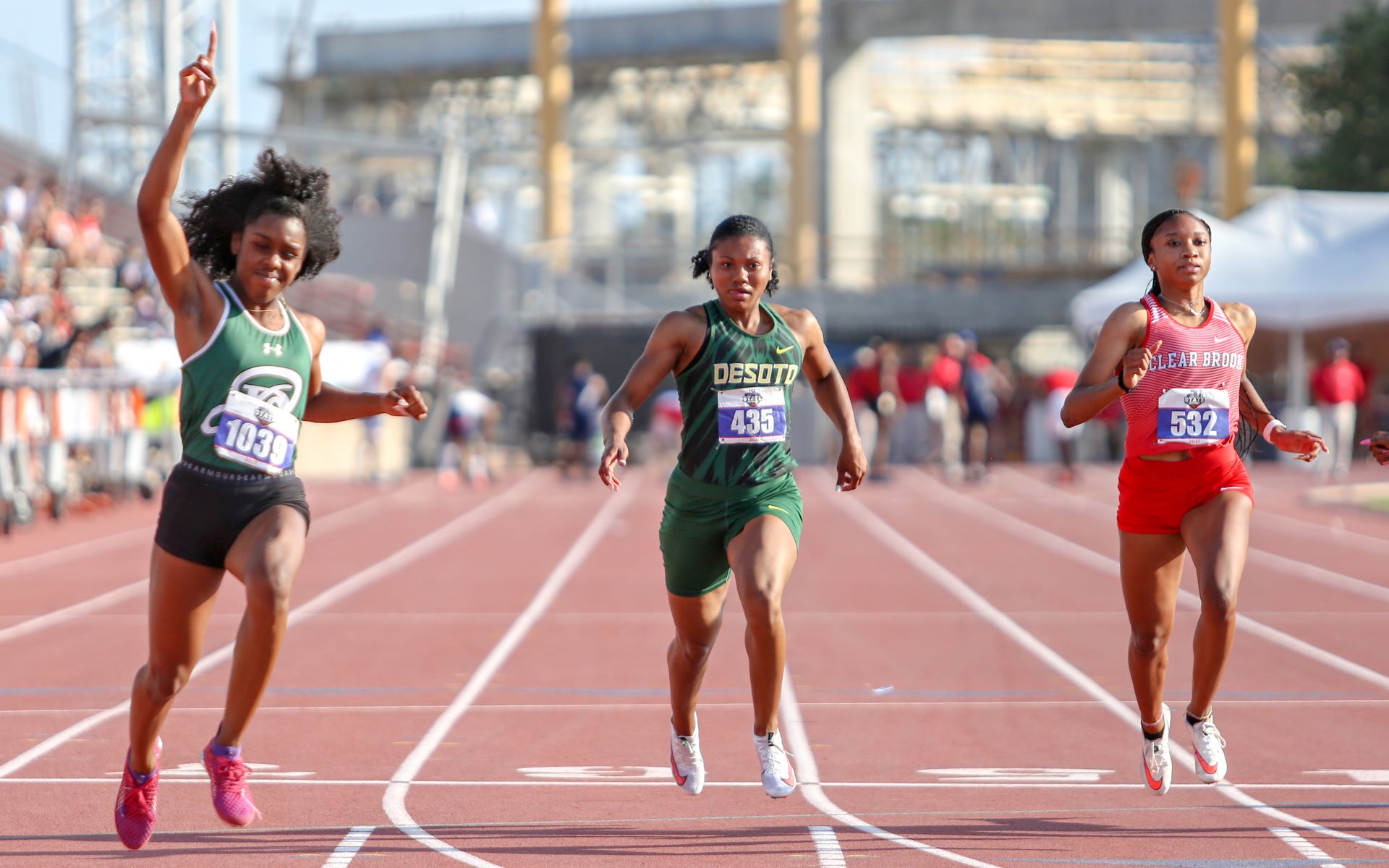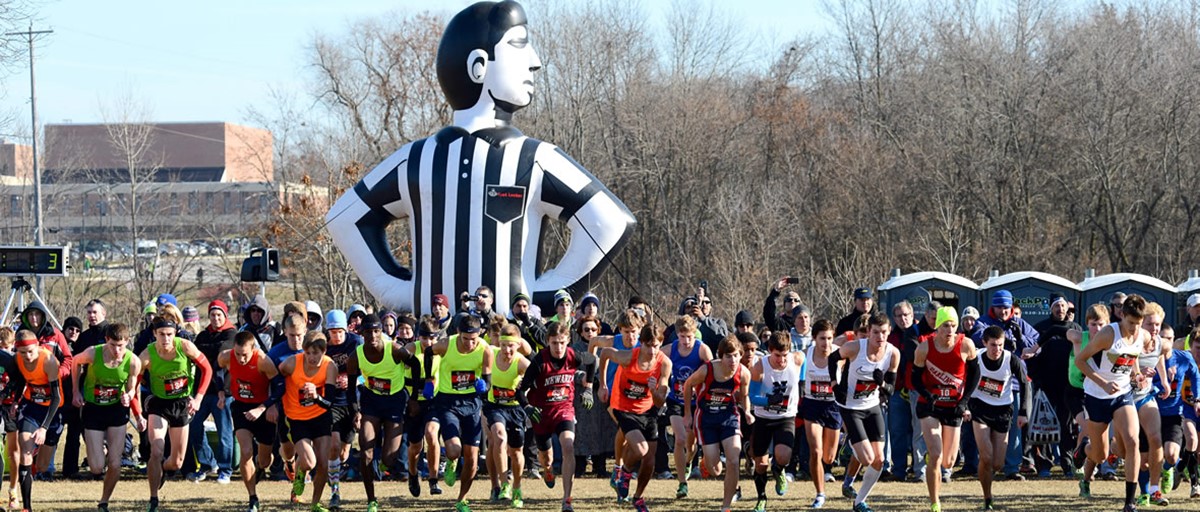Home>Misc>Featured>How Do College Runners Get A Ring NCAA Cross Country D1 Texas


Featured
How Do College Runners Get A Ring NCAA Cross Country D1 Texas
Published: August 12, 2023
"Featured: Find out how college runners in Texas can earn a ring through the NCAA Cross Country D1 program."
Introduction
Participating in collegiate athletics is a dream come true for many student-athletes. The commitment, dedication, and hard work that these athletes put into their sport is truly remarkable. In NCAA (National Collegiate Athletic Association) Cross Country, the pinnacle of success is often marked by the coveted championship ring. This symbol of achievement represents the culmination of years of training, competition, and teamwork.
The importance and symbolism of winning a ring in NCAA Cross Country cannot be understated. It is a tangible reminder of the blood, sweat, and tears shed on the cross-country trails. For college runners, the journey to earning a ring is a grueling adventure filled with triumphs, setbacks, and unforgettable moments.
With the collegiate cross country landscape dotted with numerous successful programs, the state of Texas has emerged as a hotbed of talent and competitiveness in NCAA Cross Country Division 1. Texas universities have a long-standing tradition of excellence, fostering strong teams and producing top-tier athletes who have made their mark in the sport.
The process of receiving a ring in NCAA Cross Country D1 Texas is not a simple one. It entails meeting stringent criteria, surpassing intense competition, and ultimately emerging as a champion at the NCAA Cross Country Championships. The journey is filled with incredible stories of college runners who have overcome adversity, pushed their limits, and achieved greatness.
In this article, we will delve into the world of NCAA Cross Country D1 in Texas, exploring the importance of winning a ring, the journey college runners undertake to earn it, the significant role of Texas universities, the process and criteria for receiving a ring, and inspiring stories of those who have achieved this esteemed honor.
The Importance and Symbolism of Winning a Ring in NCAA Cross Country
Winning a ring in NCAA Cross Country holds tremendous significance for college runners. It is the ultimate testament to their hard work, perseverance, and dedication to their sport. The ring symbolizes not only an individual’s success, but also the achievements of the entire team.
One of the main reasons why winning a ring is so important is the recognition and validation it provides. In a highly competitive sport like NCAA Cross Country, where athletes push themselves to the limits both mentally and physically, having tangible proof of their accomplishments is deeply rewarding. It serves as a reminder of the countless hours spent training, the sacrifices made, and the sacrifices made by their teammates and coaches.
Beyond personal recognition, winning a ring in NCAA Cross Country also represents a collective achievement. Cross Country is a team sport where athletes rely on each other for support, motivation, and strategic collaboration during races. The ring acknowledges the joint efforts and unity of the team, making it a cherished symbol of the shared journey and triumphs.
The symbolism of the ring extends beyond the athletic realm. It represents the culmination of years of dedication and sacrifice, not just in the pursuit of athletic excellence, but also in the pursuit of personal growth and development. College runners often face numerous challenges, both on and off the field, and winning a ring serves as a testament to their resilience and determination in overcoming obstacles.
Moreover, the ring serves as a source of inspiration for future generations of athletes. When college runners achieve this honor, they become role models and sources of inspiration for aspiring athletes who look up to them. Their success becomes a beacon of hope and motivation for others to strive for greatness.
In summary, winning a ring in NCAA Cross Country is an incredible achievement that holds immense importance and symbolism. It provides recognition and validation to college runners, acknowledges the collective efforts of the team, represents personal and athletic growth, and serves as a source of inspiration for others. The journey to earning a ring is one filled with determination, perseverance, and an unwavering passion for the sport.
The Journey of College Runners in NCAA Cross Country
The journey of college runners in NCAA Cross Country is a unique and challenging experience. It begins long before their collegiate careers, often in high school, where athletes showcase their talent and commitment to the sport. College coaches carefully scout and recruit promising athletes, considering factors such as athletic ability, academic performance, and character.
Once recruited, college runners embark on a rigorous training program that pushes them to their physical and mental limits. They undergo intense workouts, including long runs, speed intervals, and strength training, all aimed at improving endurance, speed, and overall performance.
In addition to the physical demands, college runners must also balance their athletic commitments with their academic responsibilities. They are expected to excel in the classroom and maintain a certain grade point average to remain eligible to compete in NCAA events.
The cross-country season itself is filled with exhilarating races and competitive meets. Athletes travel to different venues, representing their universities and competing against other teams. The courses vary in terrain and difficulty, with athletes navigating through grassy fields, muddy trails, and challenging uphill and downhill stretches.
The highlight of the season is the NCAA Cross Country Championships, where the best collegiate runners from across the country gather to compete for the coveted title. The championship race is a true test of athleticism, perseverance, and strategy, with athletes vying for a spot on the podium.
The journey of college runners in NCAA Cross Country is not without its setbacks and obstacles. Injuries, fatigue, and self-doubt are common challenges that athletes face. However, through the support of their coaches, teammates, and their own determination, they overcome these hurdles and continue to strive for greatness.
Throughout their journey, college runners forge lifelong friendships, develop strong work ethic, and learn valuable life lessons. They learn the importance of teamwork, commitment, resilience, and time management, qualities that will serve them well in their future endeavors beyond the track.
Ultimately, the journey of college runners in NCAA Cross Country is not just about the races and the results. It is about personal growth, self-discovery, and pushing oneself to new limits. It is a testament to the unwavering passion and dedication that these athletes have for their sport and the pursuit of excellence.
The Role of Texas Universities in NCAA Cross Country D1
Texas universities play a significant role in NCAA Cross Country Division 1, consistently showcasing their prowess in the sport and producing top-tier athletes. The state’s universities have a long-standing tradition of excellence, attracting talented runners from across the country to join their programs.
One of the main factors contributing to the success of Texas universities in NCAA Cross Country D1 is the favorable climate and terrain. Texas offers a variety of landscapes, from rolling hills to challenging trails, providing ideal conditions for cross country training and racing. The abundance of natural beauty and diverse terrain allows runners to develop their skills and adapt to different course conditions.
Furthermore, the competitive culture within Texas universities fosters an environment that pushes athletes to strive for greatness. The state’s universities have a strong cross country tradition and hold high expectations for their teams. This creates a sense of healthy competition among athletes, driving them to train harder, set ambitious goals, and continuously improve their performances.
Texas universities also have access to top-notch coaching staff who possess vast knowledge and expertise in cross country training and competition. These coaches are dedicated to nurturing the talent of their athletes, ensuring they receive proper guidance, support, and individualized training plans to maximize their potential. The presence of experienced coaches further enhances the caliber of the athletes produced by Texas universities.
Additionally, Texas universities prioritize the recruitment of talented runners, actively scouting high school athletes who demonstrate exceptional potential. They offer attractive scholarship opportunities and resources to attract top recruits, ensuring a strong pipeline of talented athletes joining their cross country programs. The rigorous competition for spots on these teams creates a culture of excellence, as athletes strive to earn their place and contribute to the success of their university.
Moreover, Texas universities are committed to the holistic development of their athletes. They emphasize academic achievement and provide resources for student-athletes to excel in the classroom. This commitment to academic success ensures that athletes not only excel in their sport but also have access to quality education, preparing them for future career opportunities.
In summary, Texas universities play a crucial role in NCAA Cross Country D1, offering a conducive environment, competitive culture, experienced coaching staff, and a commitment to the holistic development of their athletes. Their dedication to excellence and success has solidified Texas’ reputation as a hub for talented runners and a force to be reckoned with in collegiate cross country.
The Process and Criteria for Receiving a Ring in NCAA Cross Country D1 Texas
Earning a ring in NCAA Cross Country D1 Texas is no easy feat. The process and criteria for receiving this coveted honor require athletes to demonstrate exceptional skill, dedication, and performance. The journey to obtaining a ring is rigorous and involves several key steps.
The first step towards earning a ring is to qualify for the NCAA Cross Country Championships. This requires teams and individual runners to perform exceptionally well in regional competitions and earn a spot in the national championship event. The competition is fierce, with only the top teams and individuals from each region advancing to the championships.
At the NCAA Cross Country Championships, runners must then compete at the highest level and deliver outstanding performances. The race is a culmination of months of training and preparation, and athletes must navigate through difficult terrain, varying weather conditions, and fierce competition from other top-tier runners. The individual performance of each runner in the championship race significantly impacts their team’s overall success and chances of earning a ring.
Once a team or individual qualifies and competes at the NCAA Cross Country Championships, they must achieve a top placement in order to be eligible for a ring. The exact criteria for receiving a ring may vary between universities and athletic programs, but generally, teams or individuals who finish within a certain ranking range, such as the top three or top five, are awarded a ring.
In addition to the competition results, other factors may also come into play when determining whether a runner or team will receive a ring. These factors can include academic performance, sportsmanship, and adherence to team rules and regulations. The character and conduct of the athletes, both on and off the field, are often taken into account when making decisions regarding the awarding of rings.
The process for receiving a ring usually involves a formal ceremony or presentation where athletes and teams are recognized for their accomplishments. This serves as a celebratory event to honor their hard work, dedication, and achievement in NCAA Cross Country D1 Texas.
In summary, the process and criteria for receiving a ring in NCAA Cross Country D1 Texas involve qualifying for and performing well at the NCAA Cross Country Championships, achieving a top placement, and meeting additional requirements set by the university or athletic program. Earning a ring is a testament to the exceptional skill and determination of the athletes, and it serves as a symbol of their accomplishment and success in the highly competitive world of collegiate cross country.
Stories of College Runners Who Have Earned a Ring in NCAA Cross Country D1 Texas
Earning a ring in NCAA Cross Country D1 Texas is the ultimate goal for college runners. It represents the pinnacle of success and is a testament to the hard work and dedication of these athletes. Let’s explore some inspiring stories of college runners who have achieved this esteemed honor.
One such story is that of Emma, a senior at a prominent Texas university. Throughout her collegiate career, she had faced numerous setbacks, including injuries and intense competition. However, her perseverance and unwavering determination propelled her to overcome these obstacles. In her final year, Emma led her team to the NCAA Cross Country Championships and delivered a remarkable performance, finishing in the top three. Her incredible achievement not only earned her a ring but also left a lasting legacy in the university’s cross country program.
Another story is that of Jake, a junior at a renowned Texas college. Jake’s journey to earning a ring was not an easy one. He had joined the cross country team as a walk-on, without any prior competitive experience. Through sheer hard work and a relentless work ethic, he gradually improved and made a name for himself. In his sophomore year, he secured a spot in the NCAA Cross Country Championships and defied all odds by finishing in the top five. Jake’s remarkable story of resilience and determination serves as an inspiration to aspiring college runners.
Then there is Mia, a freshman at a Texas university, who made an immediate impact in her first year. Despite being new to the collegiate cross country scene, Mia quickly established herself as one of the top runners. With a combination of natural talent and rigorous training, she excelled throughout the season and earned a spot in the NCAA Cross Country Championships. Her impressive performance in the championship race secured her team a podium finish and a well-deserved ring.
These are just a few examples of the numerous college runners in NCAA Cross Country D1 Texas who have earned a ring. Each athlete’s journey is unique and filled with moments of triumph, adversity, and personal growth. Their stories showcase the relentless commitment, perseverance, and passion that college runners bring to their sport.
These college runners serve as role models and sources of inspiration for aspiring athletes. Their stories demonstrate that with hard work, determination, and belief in oneself, it is possible to overcome challenges and achieve greatness. They remind us that the journey to earning a ring is not just about the result, but rather the lessons learned, the personal growth experienced, and the lasting impact made on the university’s cross country program.
In summary, the stories of college runners who have earned a ring in NCAA Cross Country D1 Texas are a testament to the extraordinary dedication, resilience, and passion of these athletes. Their experiences inspire future generations of runners and remind us of the profound impact that collegiate cross country has on the lives of these individuals.
Conclusion
The journey of college runners in NCAA Cross Country D1 Texas is a testament to their unwavering commitment, passion, and dedication to the sport. From the importance and symbolism of winning a ring to the challenges and triumphs faced along the way, these athletes showcase immense talent and resilience.
The significance of winning a ring goes beyond personal achievement; it represents the collective efforts of a team and the shared journey of athletes supporting each other. Winning a ring validates the countless hours of training and sacrifices made by college runners, serving as a tangible reminder of their hard work and success.
Texas universities play a pivotal role in NCAA Cross Country D1, with their favorable climate, competitive culture, experienced coaching staff, and commitment to overall athlete development. These universities attract top talent and consistently produce high-performing athletes, solidifying Texas’ reputation as a force to be reckoned with in collegiate cross country.
The process and criteria for receiving a ring in NCAA Cross Country D1 Texas involve qualifying for and performing outstandingly at the NCAA Cross Country Championships, achieving top placements, and meeting additional requirements set by the university or athletic program. Earning a ring is a testament to the exceptional skill, determination, and character of college runners.
Furthermore, the inspiring stories of college runners who have earned a ring demonstrate the resilience, dedication, and growth experienced throughout their journey. These athletes serve as role models and sources of inspiration for future generations, showcasing the transformative power of collegiate cross country.
In conclusion,
The journey of college runners in NCAA Cross Country D1 Texas is an extraordinary one, marked by dedication, passion, and the pursuit of excellence. Winning a ring represents the pinnacle of success and serves as a tangible reminder of the athletes’ hard work and shared achievements. Texas universities continue to play a prominent role in NCAA Cross Country D1, fostering a competitive environment, providing top-level coaching, and attracting exceptional talent. The process and criteria for earning a ring are rigorous, requiring athletes to qualify, perform exceptionally well, and meet additional requirements. The inspiring stories of college runners who have earned a ring showcase their resilience, determination, and personal growth. Their experiences serve as a testament to the profound impact of collegiate cross country.
